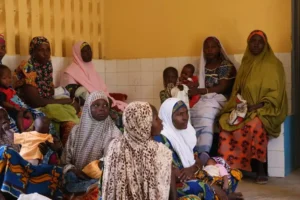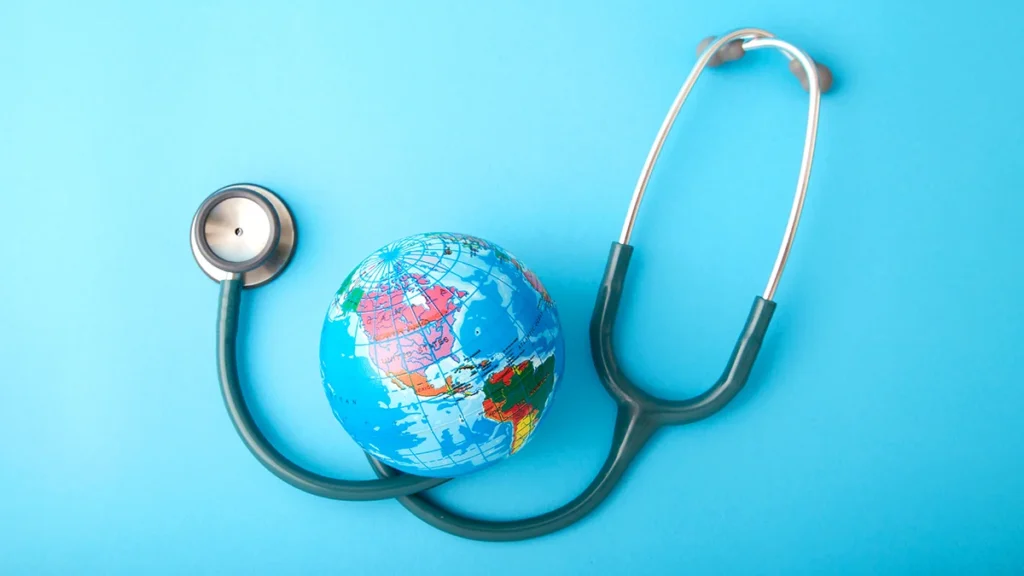A Grassroots Mental Health Transformation in Nigeria’s Conflict Zones
In the heart of Nigeria’s conflict-affected northeast, particularly in Borno State, a quiet but powerful revolution is unfolding—one that places community at the center of healing. As the region continues to recover from years of insurgency, grassroots-led mental health initiatives are transforming how survivors of violence process trauma, reclaim stability, and rebuild their lives.
A New Approach to Healing After Conflict
For years, the mental health toll of the Boko Haram insurgency has remained an under-addressed crisis. Displacement, violence, and prolonged instability have deeply impacted the psychological well-being of millions. However, amid the ruins, local communities have begun embracing a new paradigm of care—one built on shared healing, cultural sensitivity, and community empowerment.
Grassroots organizations, often operating with limited resources but deep local knowledge, have stepped in to fill the gap left by overstretched healthcare systems. These initiatives offer trauma counseling, peer support groups, and community workshops that encourage storytelling, emotional resilience, and reintegration. In many cases, local faith and traditional leaders are also involved, lending credibility and acceptance to mental wellness programs that may otherwise face stigma.

Local Champions Leading the Way
One such initiative in Borno is led by community health volunteers trained to recognize and respond to signs of trauma. These local mental health champions—many of them survivors themselves—conduct home visits, facilitate safe spaces for discussion, and provide referrals to professional care when needed. The power of peer support and empathy has proven invaluable in fostering trust and collective recovery.
Additionally, some programs incorporate arts-based therapy, agricultural rehabilitation, and vocational training as holistic tools for emotional healing. These practical approaches help individuals reclaim a sense of normalcy and agency, both of which are essential in the recovery process.
Challenges in Expanding Community Mental Health
Despite their effectiveness, these grassroots models face several challenges. Stigma around mental illness remains strong in many communities, often leading to underreporting and delays in seeking help. Funding is another significant barrier. Most of these initiatives rely on short-term grants or donor support, making sustainability uncertain.
Moreover, the shortage of trained mental health professionals in Nigeria—reportedly fewer than one psychiatrist per 500,000 people—further complicates efforts to scale up care. Many frontline community workers are doing essential work with little formal training or systemic support.
A Path Forward: Integrating Community-Based Models Nationally
Experts suggest that Nigeria’s broader mental healthcare system can benefit immensely from incorporating these grassroots models into national strategy. By investing in community mental health education, scaling up training for non-specialists, and integrating mental health into primary care, the country could build a more inclusive and responsive system.
Efforts from state governments and development partners have begun to show interest in these community-led approaches. There are calls for policies that promote decentralization of mental healthcare, as well as for greater coordination between public institutions and civil society actors.
Conclusion: Community is the Medicine
In a region marked by trauma, resilience is taking root not in high-tech hospitals, but in circle gatherings under mango trees, in village halls, and in conversations between neighbors. The healing happening in Borno State offers a lesson for the entire nation: when mental health care is local, accessible, and built on trust, entire communities can move from survival to renewal.
As Nigeria continues its journey toward rebuilding the northeast, these grassroots mental health movements illuminate a hopeful path—where healing is not just an individual act but a shared, community-wide journey




